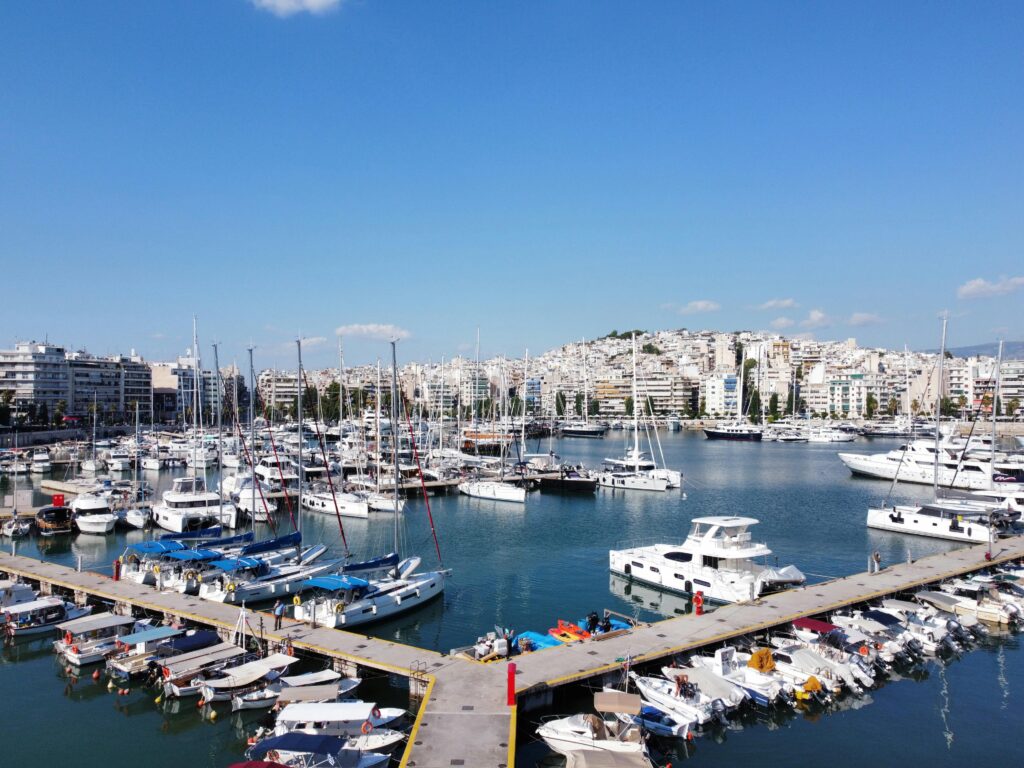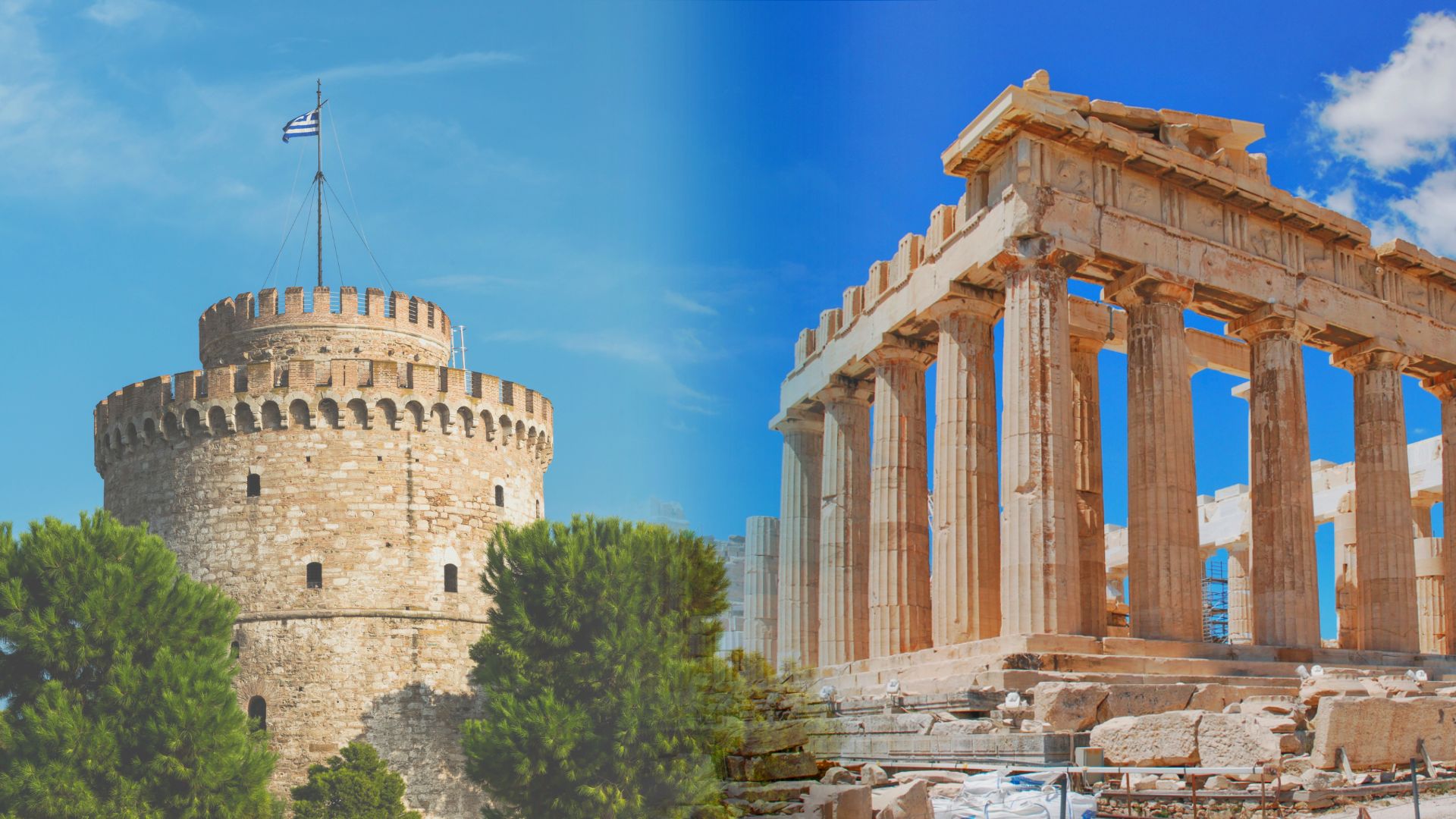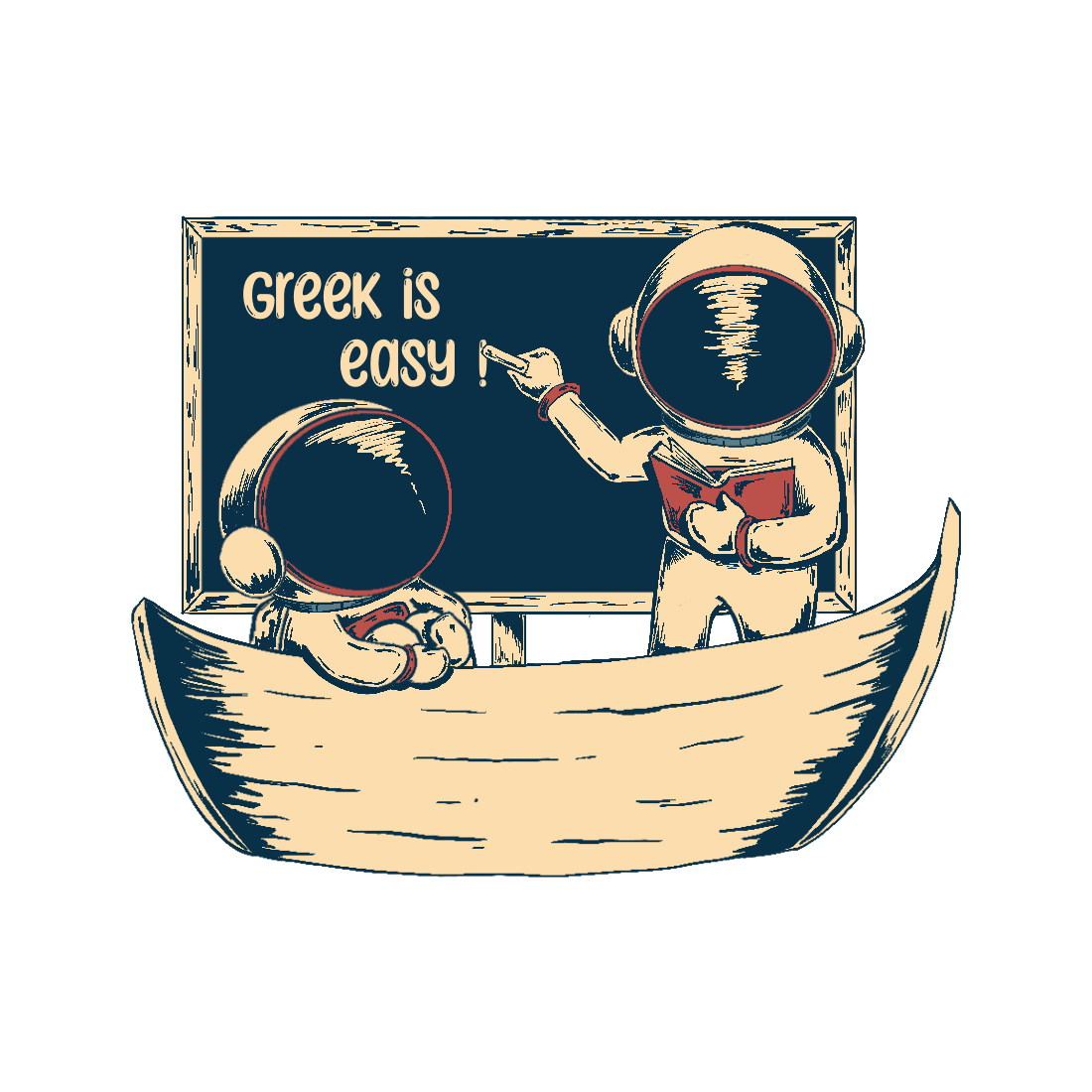Γεια σου Glossonaut,
If you ask anybody what comes to mind when they hear the word “Ελλάδα,” the most probable answer would be the crystal blue waters of the beautiful Greek islands, traditional Greek foods like moussaka or souvlaki, or monuments of global significance like the Parthenon. But…what about the cities of Greece? Most people know about Athens or even Thessaloniki, which together account for almost 40% of the population.
By the way, check this post if you can to learn some very popular phrases that Athenians and Thessalonians are arguing about.
However, Athens and Thessaloniki are not the only ones worth knowing. Beyond the hustle and bustle of Athens, with its ancient ruins and modern flair, and the cosmopolitan vibe of Thessaloniki, there are other urban gems worth exploring. Take Patras, for example, the largest city in the Peloponnese and the third largest city in Greece. Built at the foot of Mount Panachaikos, on the Patraikos Gulf, it is an international commercial center, a large port, and a hub for trade and communication with Italy and the European West in general. The city is also famous for its largest European Mediterranean-style carnival, the Patras Carnival, with a plethora of events and main features including satirical floats, dances, and parades. Some sites of interest include the Orthodox Cathedral of Saint Andrew the Apostle, the Palais des Sports Dimitris Tofalos, where international sporting events take place, and the castle, perched high on a hill, offers a panoramic view of the city and its port.

Patras
Just a few kilometers southwest of Athens lies the city with the largest and most important port in Greece, Piraeus. Piraeus was the naval center of ancient Athens and, much later, became the commercial and industrial center of the country when
Athens became the Greek capital after independence. It was also a point of entry for Greek refugees from Asia Minor and the rest of Greece. Piraeus boasts charming spots like Pasalimani and Mikrolimano, with their picturesque marinas,
lively atmospheres, and nightlife, as well as its museums, such as the Archaeological Museum and the Maritime Museum, which showcase the city’s rich history and maritime heritage.

Piraeus
Located on the largest of the 227 inhabited islands of Greece, Crete, Heraklion is a vibrant city that beautifully blends ancient history with modern life. As the island’s capital, it is home to the legendary Palace of Knossos, the center of the Minoan civilization and Europe’s oldest city. The city’s Archaeological Museum houses an impressive collection of Minoan artifacts. Other important sites include the Koules Fortress (Rocca a Mare), a massive two-story fortress that surrounds the harbor, and the Morosini Lions Fountain, constructed in 1628 and located in the city center.

Heraklion
Surrounded by the Thessalian Plain, Larissa is a city with a rich history that spans millennia. The acropolis on the hill of Agios Achilios, the 15th-century Turkish market, and the ruins of the ancient theater paint a vivid picture of Larissa’s rich historical tapestry. Moreover, Larissa is famed for its bustling nightlife, with numerous bars, nightclubs, and interesting music scenes, as well as a plethora of cafes, restaurants, and shops that line its lively streets.

Larissa
P.S. Aegina, Nafplio, Athens: the capitals of modern Greece
Aegina, Nafplio, and Athens are the cities that have been capitals of the Greek state at various times since its liberation in 1828 until today.
Aegina was a temporary capital from the beginning of 1828 to the beginning of 1829. During this short period, the city was home to the Military School of Evelpidon, the Archaeological Museum, the Orphanage, and the first Mint of modern Greece.

Aegina
Nafplio was the first capital of the newly established Greek state from 1829 to 1834.

Nafplio
Athens was, at that time, an unremarkable settlement. Paintings by foreign travelers depict a village built around the hill of the Acropolis. However, Athens always retained the glamour of its name, and so, in the autumn of 1834, after a visit by King Otto, Athens was declared the capital of the Greek state. From then on, the development of the city began.
Are you learning Greek? Check the translation of this text in Greek:
What is your favorite Greek City?
Share your thoughts in the comment section below!






